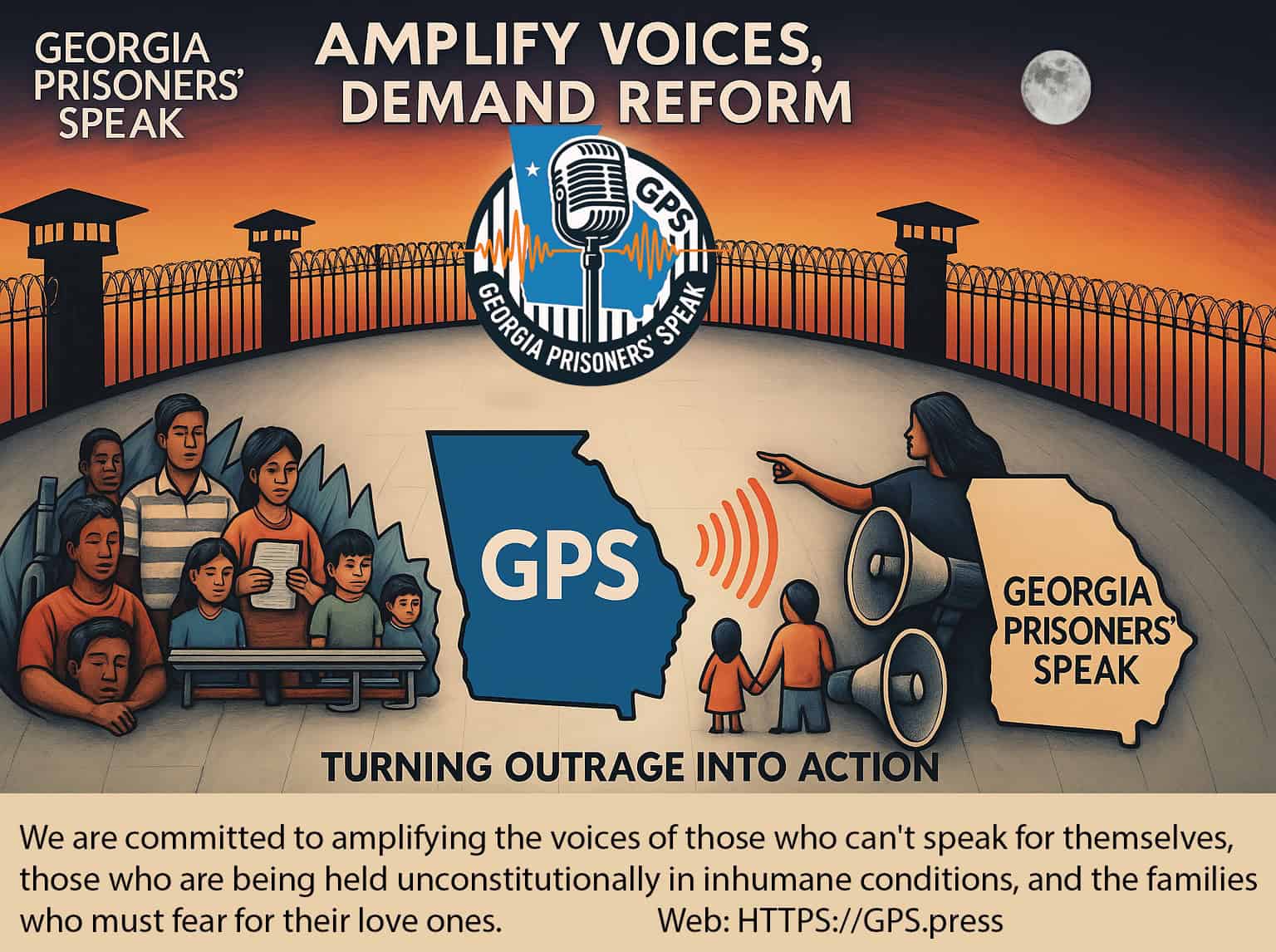GDC reported 6 homicides in early 2024. Internal records showed 18. 49% of staff positions are vacant—data collection collapses with staffing. Georgia’s prison system can’t be reformed because Georgia won’t measure what’s happening. The DOJ had to sue for access to 19,000 documents. Violence goes underreported. Deaths get misclassified. Without accurate data, policymakers can’t target resources, advocates can’t prove problems, and accountability becomes impossible. The data gap isn’t an accident—it’s policy. 1
What Gets Hidden
Georgia’s reporting failures are systematic:
- Violence underreported—official reports show one-third of actual homicides
- Staffing data delayed—vacancy rates concealed until court intervention
- Death classifications manipulated—violent deaths labeled natural causes
- Document requests blocked—DOJ needed subpoenas for basic information
In December 2023, five homicides occurred across four facilities. How many made official reports?
Why Data Matters
Accurate information enables reform:
- Resource targeting—direct funding to actual problems
- Pattern identification—find violence clusters before more deaths
- Accountability—measure whether interventions work
- Public trust—transparency builds confidence in reform
Without data, Georgia can’t prove conditions are improving—because it can’t prove what conditions are. 2
What Staffing Collapse Means for Data
When staff don’t exist, neither does documentation:
- 49% vacancy statewide—not enough personnel to record incidents
- 70%+ at worst facilities—effectively no oversight presence
- Incidents go unwitnessed—no staff means no reports
- Data quality collapses—understaffing creates information voids
The staffing crisis and data crisis are the same crisis.
Take Action
Use Impact Justice AI to send advocacy emails demanding accurate prison data reporting. The free tool crafts personalized messages to lawmakers—no experience required.
Demand:
- Mandatory public incident reporting
- Independent data collection by outside agencies
- Penalties for underreporting
- Staffing tied to data quality requirements
Further Reading
- Georgia Prisons: Transparency vs. Secrecy
- Georgia Prison Deaths: DOJ Findings Explained
- GPS Informational Resources
- Pathways to Success
About Georgia Prisoners’ Speak (GPS)
Georgia Prisoners’ Speak (GPS) is a nonprofit investigative newsroom built in partnership with incarcerated reporters, families, advocates, and data analysts. Operating independently from the Georgia Department of Corrections, GPS documents the truth the state refuses to acknowledge: extreme violence, fatal medical neglect, gang-controlled dorms, collapsed staffing, fraudulent reporting practices, and unconstitutional conditions across Georgia’s prisons.
Through confidential reporting channels, secure communication, evidence verification, public-records requests, legislative research, and professional investigative standards, GPS provides the transparency the system lacks. Our mission is to expose abuses, protect incarcerated people, support families, and push Georgia toward meaningful reform based on human rights, evidence, and public accountability.
Every article is part of a larger fight — to end the silence, reveal the truth, and demand justice.


1 thought on “Prison Data Gaps in Georgia”